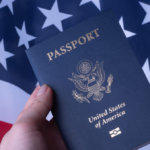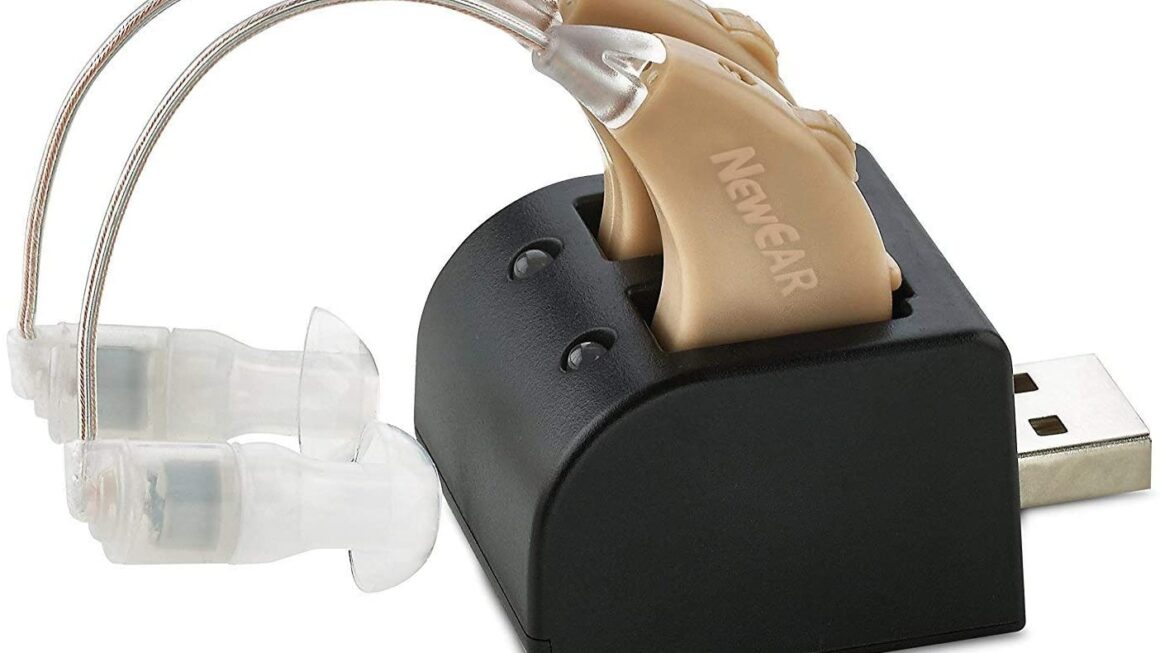Introduction
Hunger headaches can be quite discomforting and may hinder your daily activities. They typically occur when your blood sugar levels drop due to prolonged periods without food intake. Understanding the causes and symptoms of a hunger headache is crucial in finding effective remedies and prevention strategies.
Understanding Hunger Headaches
A hunger headache is a type of headache that occurs when your brain senses a lack of nutrients and energy supply. When you’re hungry, your body triggers various mechanisms to maintain stable blood sugar levels. If you haven’t eaten for a while, your blood sugar may drop, leading to the onset of a headache.
Causes of Hunger Headaches
Several factors contribute to the occurrence of hunger headaches:
Low Blood Sugar Levels
When you skip meals or follow restrictive diets, your body may not receive enough glucose to fuel the brain adequately. As a result, your blood sugar levels decrease, triggering a hunger headache.
Dehydration
Inadequate fluid intake can lead to dehydration, which affects blood volume and electrolyte balance. Dehydration can amplify the intensity of hunger headaches.
Stress and Anxiety
Stress and anxiety can disrupt your eating patterns and trigger hunger headaches. Additionally, these emotional factors can contribute to tension in the muscles of the head and neck, leading to headaches.
Symptoms of Hunger Headaches
Hunger headaches are often characterized by the following symptoms:
- Throbbing or pulsating pain
- Mild to moderate intensity
- Located on both sides of the head
- Discomfort that worsens with movement or physical exertion
- Temporary relief after eating
Managing Hunger Headaches
To alleviate hunger headaches, it’s essential to address the underlying causes and adopt healthy habits. Here are some effective strategies:
Regular Meal Patterns
Maintain regular meal times and avoid prolonged periods without eating. Having balanced meals that include carbohydrates, proteins, and healthy fats can help stabilize blood sugar levels.
Stay Hydrated
Drink an adequate amount of water throughout the day to prevent dehydration, which can exacerbate hunger headaches. Aim for at least eight glasses of water daily.
Stress Reduction Techniques
Practice stress management techniques such as deep breathing exercises, meditation, or engaging in activities that promote relaxation. These practices can help minimize stress-induced hunger headaches.
Prioritize Sleep and Rest
Ensure you get enough sleep and incorporate regular breaks into your daily routine. Fatigue and sleep deprivation can contribute to the occurrence of hunger headaches.
Engage in Physical Activity
Regular exercise helps regulate blood sugar levels, reduces stress, and promotes overall well-being. Engage in activities such as walking, yoga, or cycling to prevent hunger headaches.
Prevention Tips
Preventing hunger headaches involves adopting healthy lifestyle habits. Here are some additional tips:
- Avoid skipping meals, especially breakfast.
- Consume nutritious snacks between meals to maintain stable blood sugar levels.
- Limit caffeine and alcohol intake, as these can trigger or worsen headaches.
- Maintain a well-balanced diet rich in fruits, vegetables, whole grains, and lean proteins.
- Practice portion control to avoid overeating, which can also lead to headaches.
Diet and Nutrition for Headache Relief
Certain foods and nutrients can help alleviate hunger headaches. Incorporate the following into your diet:
- Complex carbohydrates: Whole grains, legumes, and vegetables provide a steady release of glucose, preventing sudden drops in blood sugar.
- Magnesium-rich foods: Leafy greens, nuts, seeds, and fish are excellent sources of magnesium, which has been linked to headache prevention.
- Omega-3 fatty acids: Found in fatty fish, flaxseeds, and walnuts, omega-3 fatty acids possess anti-inflammatory properties that may reduce headache frequency.
Hydration and Headache Prevention
Staying adequately hydrated is vital for preventing hunger headaches. Here are some hydration tips:
- Drink water regularly throughout the day.
- Limit the consumption of sugary beverages and opt for water instead.
- Increase fluid intake during physical activity or when exposed to hot weather.
Stress Management Techniques
Stress is a common trigger for hunger headaches. Consider incorporating the following stress management techniques into your daily routine:
- Practice deep breathing exercises to promote relaxation.
- Engage in activities you enjoy, such as listening to music, reading, or spending time in nature.
- Prioritize self-care activities, such as taking warm baths or practicing mindfulness.
Sleep and Rest Importance
Adequate sleep and rest play a significant role in preventing hunger headaches. Follow these tips for better sleep quality:
- Establish a regular sleep schedule.
- Create a calm and comfortable sleeping environment.
- Avoid electronic devices before bedtime.
- Practice relaxation techniques to unwind before sleep.
Physical Activity and Headache Prevention
Regular physical activity can reduce the frequency and intensity of hunger headaches. Consider the following tips:
- Engage in moderate-intensity exercises for at least 30 minutes most days of the week.
- Choose activities that you enjoy and that are suitable for your fitness level.
- Start slowly and gradually increase the duration and intensity of your workouts.
When to Seek Medical Attention
While hunger headaches are usually harmless, there are instances where medical attention is necessary. Consult a healthcare professional if:
- Your headaches become severe and persistent.
- You experience other concerning symptoms alongside the headache.
- Your hunger headaches significantly impact your quality of life.
Conclusion
Hunger headaches can be bothersome, but with the right strategies, you can effectively manage and prevent them. Remember to maintain regular meal patterns, stay hydrated, manage stress, prioritize sleep, engage in physical activity, and follow a balanced diet. By adopting these habits, you can minimize the occurrence of hunger headaches and enjoy a better quality of life.
FAQs
- Can hunger headaches be prevented?
- Yes, hunger headaches can be prevented by maintaining regular meal patterns, staying hydrated, managing stress, and engaging in physical activity.
- Are hunger headaches severe?
- Hunger headaches are typically mild to moderate in intensity. However, severe and persistent headaches should be evaluated by a healthcare professional.
- Can dehydration cause hunger headaches?
- Yes, dehydration can worsen hunger headaches. It is important to stay adequately hydrated to prevent such headaches.
- Are there any specific foods that can help relieve hunger headaches?
- Foods rich in complex carbohydrates, magnesium, and omega-3 fatty acids have been associated with headache relief. Incorporate these nutrients into your diet for potential benefits.
- When should I seek medical attention for hunger headaches?
- If your hunger headaches become severe, persistent, or are accompanied by concerning symptoms, it is advisable to consult a healthcare professional for further evaluation.












